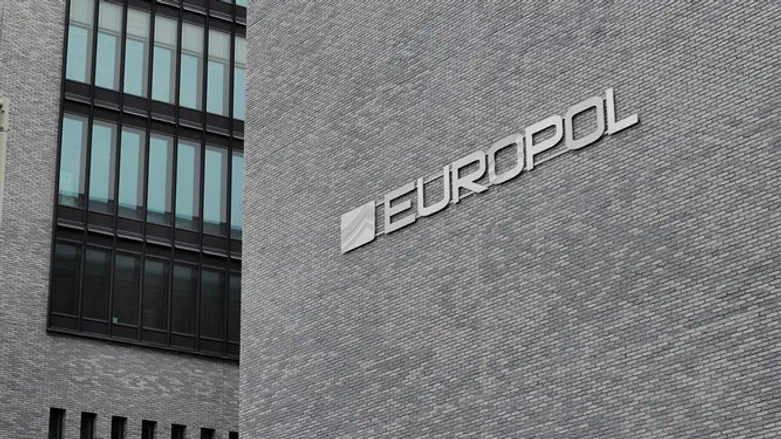
Israel Police Commissioner, Inspector General Roni Alsheikh and Europol’s Executive Director, Catherine De Bolle, on Tuesday signed a working arrangement to expand cooperation to combat cross-border criminal activity.
Aware of the urgent problems arising from international cross-border organized crime, the agreement allows for the exchange of strategic information and the joint planning of operational activities.
The signature concludes successful negotiations between Europol and Israel on how to effectively join forces to fight serious and organized crime, Europol said in a statement.
After entry into force of the agreement, this new level of cooperation will be important for tackling priority crime areas affecting both the European Union (EU) and Israel, such as fraud, cybercrime and terrorism. Investigations in the EU have occasionally established links to Israel in the field of financial crime. As Europol supports EU Member States in identifying cross-border links, the Israeli contribution in such cases continues to be of utmost importance.
De Bolle said, "Today, I am signing the first ever Europol working arrangement between Europol and a non-EU country. These provisions were introduced last year in the Europol legislation. It is a major step forward in enhancing the relationship between Europol and Israel. The arrangement will multiply contacts at all levels and open doors to closer cooperation, making the European Union and Israel safer."
Alsheikh said, "The agreement will enable the Investigations and Intelligence Division of the Israel National Police to advance its capabilities to deal in the best way possible with new threats in the field of organized crime, cybercrime exploited by international criminal and terrorist elements, fighting terrorism in its various forms, and crime that crosses borders in the field of social economies."
Europol is the European Union Agency for Law Enforcement Cooperation. It was formed by the EU in 1998 to handle criminal intelligence and combat serious international organized crime and terrorism through cooperation between competent authorities of EU member states.
One of the issues Europol has dealt with extensively is the threat from the Islamic State (ISIS) jihadist organization.
In 2016, Europol warned that ISIS is planning new terror attacks on Europe including car bombs, as well as chemical and/or biological weapons, and may include more complex attacks as well.
In 2015, Europol launched a new police team to combat ISIS online, in an attempt to block the group’s remarkably successful recruitment through social media that has seen citizens of the West flock to jihad in Syria and Iraq.
